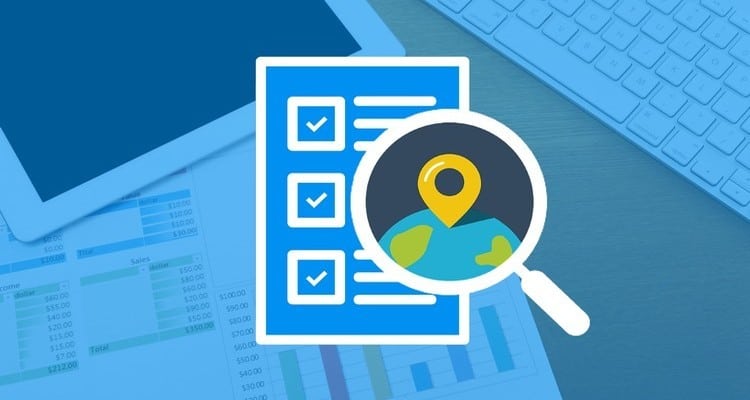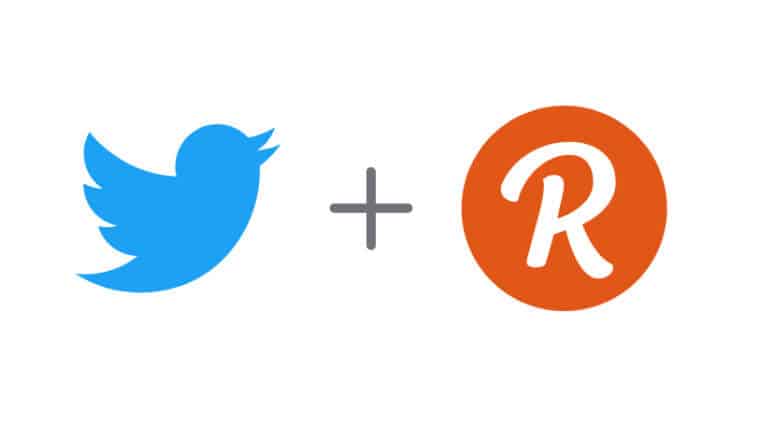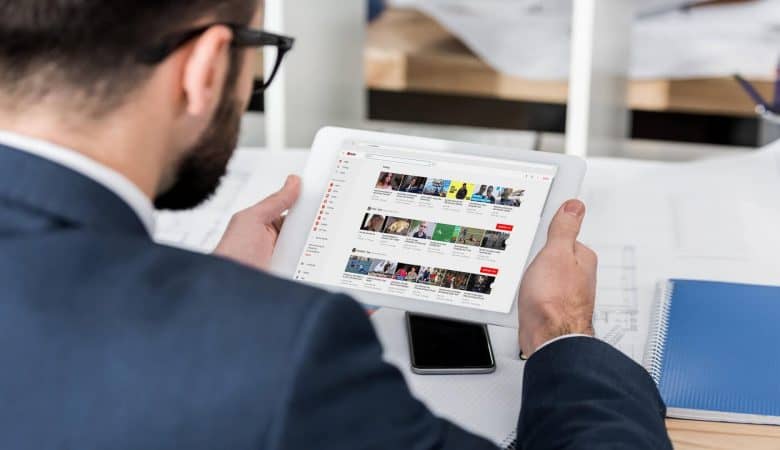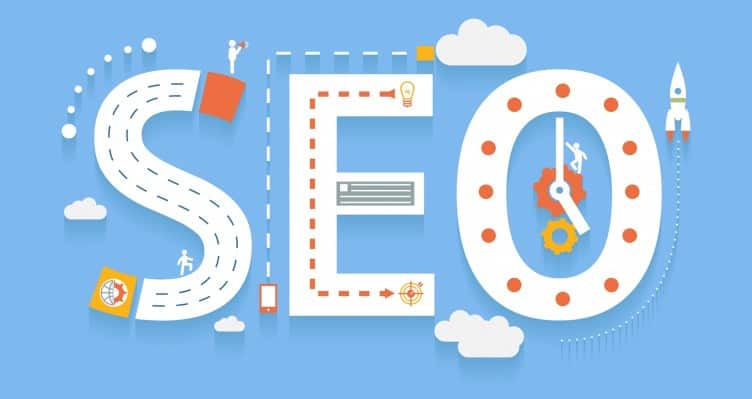Search Engine Optimization is a major part of marketing efforts for most companies. Most of these strategies are built around tackling the whole internet, and not just your little section of it.
If you have a local business, chances are you don’t care if people 2000 miles away know you exist (unless they’re visiting sometime soon!) you just care that local residents can find you.
One of the best ways for residents to find you, is through local search on Google. It’s the type of search where a map of your town comes up and lists local businesses that provide the service being googled.
As you already know, SEO is great for increasing profit, but how do you own Local SEO? It’s actually a much different process what we’ll cover here.
Claim Your Google Business Page
This is step one. And it’s a major one. If you only do one thing, do this.
Every business has a Google business page, regardless of whether you asked for it or not. This is a page that Google creates in the background for every local business listing to help provide search results for their users.
This is a good thing, but if you haven’t claimed it, the information could be out of date or wrong. Things like address, hours, and phone number are all generated automatically, and if it’s being pulled from an inaccurate source, the information could hurt you.
Go to your business page, and claim it! Google has a step-by-step guide if you’re unsure how to do this.
Consistency is Key
When claiming your business, you’ll want to make sure the information on the page is consistent with your webpage. The way you write your address and phone number should be exactly the same.
This isn’t just a rule you should follow here, it’s a rule you should follow everywhere. If a directory or chamber of commerce lists your business info, it should be the same across the web. Don’t fret if it’s not, just email them and ask them to change it. Most people will be more than happy to do so.
Schema.org
Schema.org is a great tool for ensuring your webpage is reporting the proper information to all search engines. It’s basically a standard that any automated visitors will look for to try to pull information from your site.
It’s not too difficult to do, but here’s a handy guide for using Schema.org for your SEO. If you’re not a DIY person, hiring a professional will ensure it’s done right.
Make It Local
You’ll want your webpage to point out that it’s local any chance you can. This involves using the name of the city anywhere you can, especially with your main keyword, within important common SEO placements. This includes the title tag, domain name, H1 tags, and hopefully URL.
You’ll also want to ensure your local landing page content has this information in it. Google relies heavily on these elements to rank their business listings as being relevant. Anything you can do to let them know you’re here is helpful.
Here are a few other key tips to helping your local landing page work really well for you.
Local Reviews
Local business reviews are a great way to help you stand out in the rankings. Once you claim your page, you’ll be able to invite people to review your business.
You can do this by simply adding a link to your homepage and asking for it, or asking local patrons to stop by your Google page and leave a review. They can even do this via mobile while they’re in the business.
It’s important to foster these reviews, as the more you have, the harder it will be for any negative ones to take over. These reviews will influence people to come to your business.
You’ll also want to hook up with YELP and work on your reviews there. It’s not as important as google reviews, but several programs reference YELP and it can be beneficial.
Local Link Building
Getting local businesses and websites to link to you will go a long way to helping you rank higher. This can include the local chamber, local directories, and any clubs and services you do business with.
If you’re active on any forums or Facebook groups, make sure they’re linking to you as well. Don’t forget to ensure they’re listing your information in a consistent way.
Social Media
Social Media is a great way to build a local audience and get local links. It’s almost easier to do this locally as opposed to trying to attract the whole internet. Here are a few ways to boost your social media profiles.
Share content on social media to build an audience, and when you have a following you’ll be able to share linked content that will help your local business profile. The more people talk about you; the more Google likes you.
This is also a good opportunity to ask people for reviews. If you’ve built up a following, just mention to them where they can submit a review if they are happy with your service.
Optimize Your Click Through Ratio
This one takes time but can make a big difference.
How often people click on your business as a result of their search will help you rank higher. You can influence this by making small changes to the information displayed in your listing.
Try different marketing messages, change up the meta and title tags – do anything you can to see if you can improve your CTR. When you find something that works, stick with it.
The more people click you, the higher you’ll rank. The cycle continues.
Ranking high for local search isn’t as difficult as ranking high for global search. It just takes a bit of effort. You need to follow all the standard SEO practices in addition to the local ones. Stick with it, and put in the work, and you’ll find your business inching closer to the top in no time.











